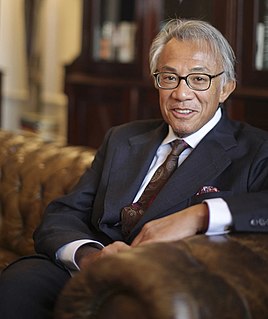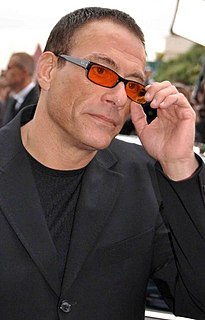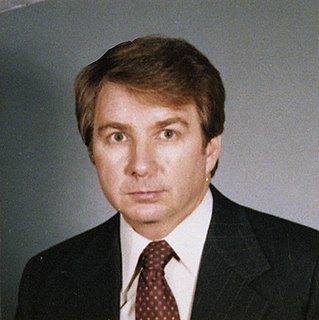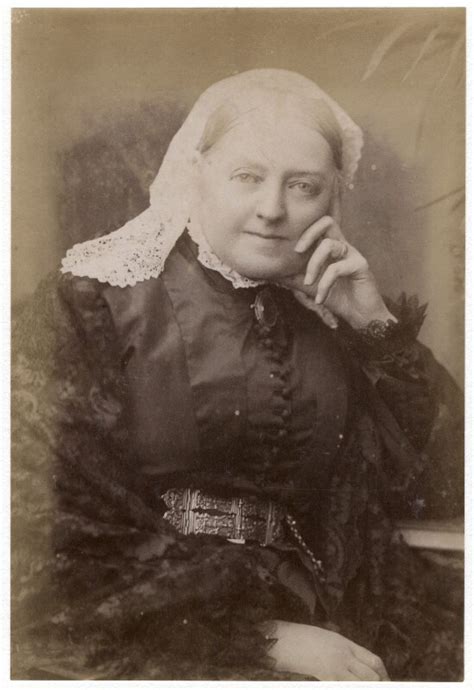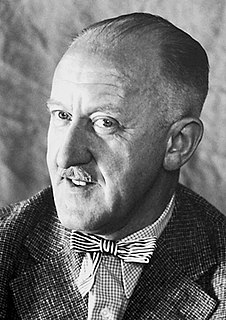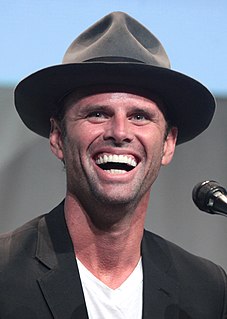A Quote by David Tang
I can't establish the veracity of what people say because only they know whether they are telling the truth. I can't look into your mind, can I?
Related Quotes
Be skeptical, but not as a social position, not claiming to be so intelligent that you cannot believe what other people say. It's not about being right and making everybody else wrong. No, you are skeptical because you know without a doubt that everybody lives in their own story, and in their story they have their own truth. But it's only truth in their mind, just as your truth is only truth in your mind, and nobody else's.
The conventional wisdom is - people say this all the time - you should only write something when you're far enough away from it that you can have a perspective. But that's not true. That's a story that you're telling. The truth of it is here, right now. It's the only truth that we ever know. And I'm interested in that truth and the confusion being part of the experience and sorting it your way through and figuring it out.
Rules for a White House Spokesman: No. 1 is always tell the truth. I've got only one currency, that's the truth. There are 10,000 ways to say "no comment," and I've used 9,999 of them. The second rule is don't be afraid to say, "I don't know." You may look dumb, but if you don't know you can't give them hot air because it always shows on your face.
We're constantly getting these messages to mind our own business and look the other way if we want to be well liked, to not tell the truth or speak our mind or say anything too intense. Well, I'm telling you here that this approach not only makes you party to other people's crimes against themselves but is a prescription for mediocrity and delusion
Let every one of us cultivate, in every word that issues from our mouth, absolute truth. I say cultivate, because to very few people - as may be noticed of most young children - does truth, this rigid, literal veracity, come by nature. To many, even who love it and prize it dearly in others, it comes only after the self-control, watchfulness, and bitter experience of years.
Truth is always here. That's the only way truth can be. Truth cannot be anywhere else. The only time it can be is here, and the only place it can be is now. But the mind is never here and is never now. Hence, mind and truth never meet. The mind goes on thinking about truth, and the truth goes on waiting to be realized, but the meeting never happens. The meeting is possible only if mind stops functioning, because mind means the past, mind means the future. Mind is never here-now. Whenever you start thinking, you are going astray. If you stop thinking, suddenly you are at home.
Sometimes I don't tell the truth, which is telling the truth about not telling the truth. I think people don't tell the truth when they're afraid that something bad's going to happen if they tell the truth. I say things all the time that I could really get into trouble for, but they kind of blow over.
Barack Obama understands what Ronald Reagan learned, which is that people vote not on the basis of issues and policy details, but on the basis of something deeper, namely, what are your values? Are you authentic? Do you say what you believe? Do you communicate with us? And do we identify with you? You don't know what particular issues are going to come up in the future, so you have to depend on someone's values, and whether they are telling you the truth, and whether you can trust them in office. Obama's been running a campaign on that basis.
Adults are always telling young people, 'These are the best years of your life.' Are they? I don't know. Sometimes when adults say this to children I look into their faces. They look like someone on the top seat of the Ferris wheel who has had too much cotton candy and barbecue. They'd like to get off and be sick but everyone keeps telling them what a good time they're having.
Biology is a way of approaching the truth about the mind. In biology most people don't tackle problems at the level of complexity that psychoanalysis does. But psychoanalysis has a degree of uncertainty about it. A psychoanalyst may have some deep insights, but cannot, at the moment, run experiments to establish whether it's really the truth.
